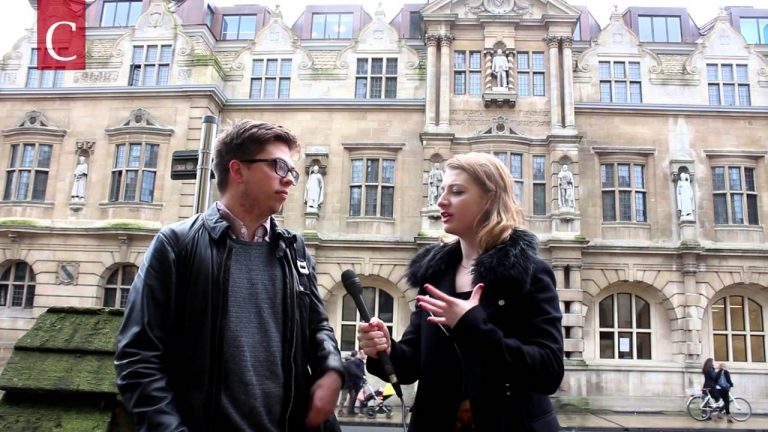There is an unfortunate dyad in American politics: Michael Bloomberg would make an excellent president of the United States; Michael Bloomberg will not be elected president.
It’s a pity. The man maybe best equipped to serve as the nation’s chief executive has no path open to achieving the office. The former New York City mayor said it himself in 2013, “It’s just impossible. I am 100 per cent convinced that you cannot win an election [in this country] unless you are the nominee of one of the two major parties. The second thing I am convinced of is that I could not get through the primary process with either party.”
But welcome to the politics of 2016, or rather, to the post-politics America of Donald Trump. If politics is the game of power-acquisition, it presumes the existence of a rulebook. Trump’s ascendancy has thrown the rules out the window. He has dominated by saying the unsayable and challenging the unimpeachable. The billionaire from Queens speaks with the accent of everyone the establishment doesn’t allow a voice.
We are in an election cycle where the normality of text has been supplanted by the outré of subtext. Post-politics is ur-politics – the game has become art. It is a world where Bloomberg would be insane to run. He is its antithesis: calm, controlled, clear-thinking. He would also be insane not to. Sure, he would probably lose – but he might win.
His roadmap to success: exploiting the same stark schism between America’s populist country and its reactionary court that Trump and Bernie Sanders have, but to opposite effect. Bloomberg would make a candidate as purely establishment as Hillary Clinton, but with the potential to unite not fracture.
Where Clinton is burdened by scandalous allegations and oversaturation, Bloomberg offers salvation to both centre-left and centre-right. His views are non-denominational – they answer only to data, not ideology. If no-nonsense applies to anyone, it applies to Bloomberg, a man unafraid to challenge the powers that be: just ask the NRA or New York’s unions.
There is also Bloomberg’s track record. While he was mayor of New York, the city’s crime rate dropped, the 2008 financial crisis was safely weathered, and 40% of the city was rezoned. He turned a $6 billion deficit into a $3 billion surplus – through cuts as well as additional taxes. He made significant moves to improve both public health and the environment, for instance extending New York’s smoking ban to all commercial establishments and enacting a plan to protect the city’s environment even as its number of residents increases. Or maybe we should focus on his business acumen: without inheritance, he has come to be worth, by some estimates, almost $50 billion – a figure that dwarves by an order of magnitude Donald Trump’s own acquired wealth.
And because of his money, he is unencumbered and has access to every media market from coast-to-coast. He is not much known outside of New York presently; but by November, if he chooses to run, the question might be how to avoid hearing his name and seeing his ads. A top advisor has told the press that he is willing to spend $1 billion to finance his campaign – my guess is that if he thought it would help him win, he would spend much more.
Bloomberg will never be able to recruit diehard supporters of either party. He is never going to siphon off votes from Trump’s voter base or Sanders’. But considerable though those demographics might be, a significant majority of the country is left for Bloomberg to tap in to.
Counterintuitively, he will have to fear-monger by raising the spectres of Trumpism and socialism (if running against Sanders). But this is the election cycle in which that rhetoric could work. Both Republican and Democratic leaders dislike Bloomberg for his heresies against their parties – his mission must be to convince them that their enmity towards each other is misplaced. What Bloomberg can argue with no little accuracy, is that the real divide is not between Republican and Democratic establishments, but between the overarching political ruling class and the angry, populist voices sweeping the hinterland.
It is my belief that most Americans fundamentally support the status quo: the system functions, albeit imperfectly, and the paradigm under which it operates – of multicultural liberal capitalism, with provisos in order to ensure smooth operation – is the one that best describes the nation’s values.
So say Bloomberg runs – well, the pundits have been wrong before, haven’t they?




